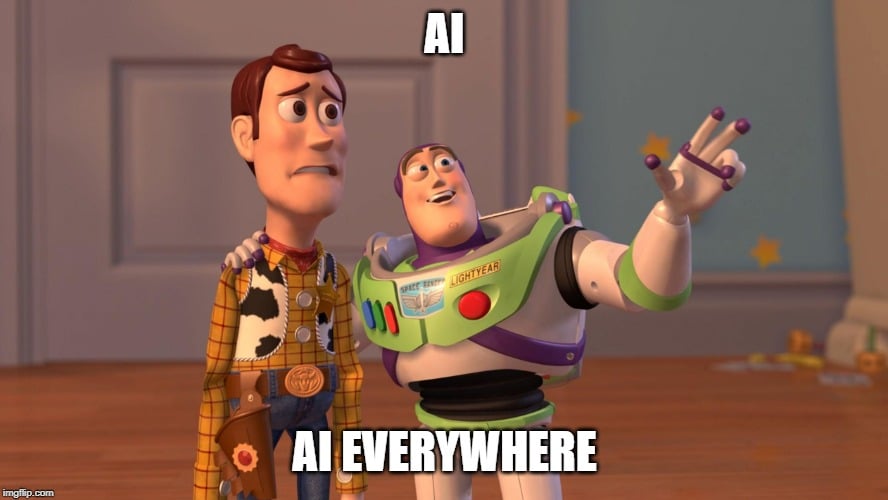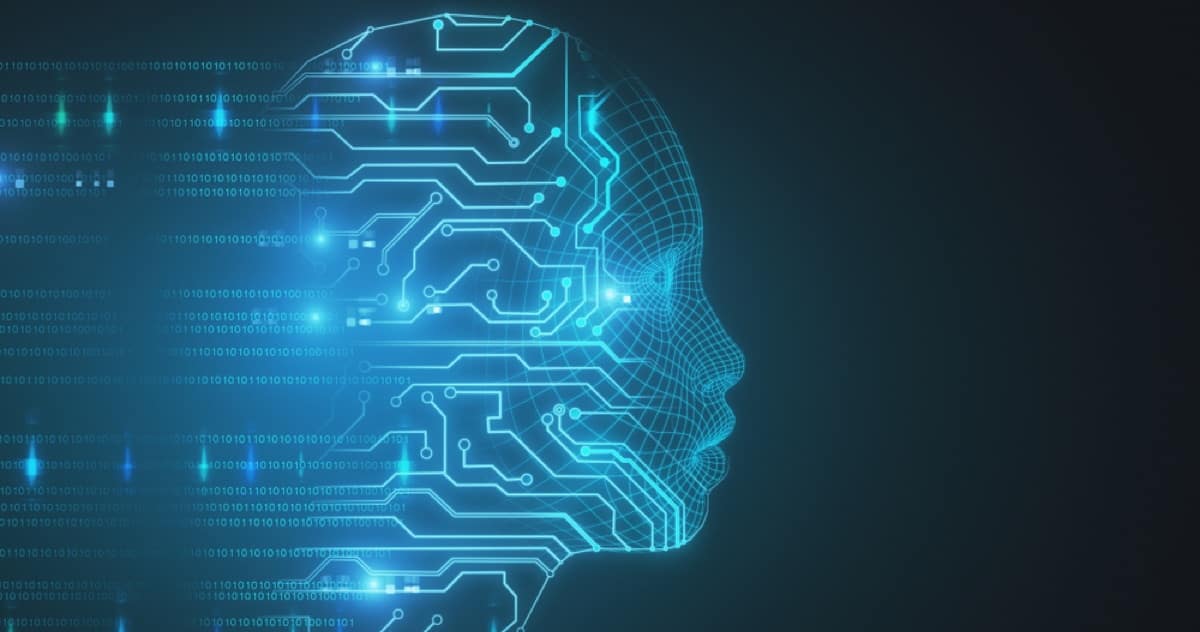Artificial intelligence (AI) is rapidly changing the world around us. From self-driving cars to virtual assistants, AI is becoming increasingly integrated into our lives. And as AI technology continues to develop, it is only a matter of time before it becomes even more ubiquitous.
In this blog post, we will explore the concept of AI everywhere and discuss some of the ways in which AI is already impacting our lives. We will also look at some of the potential benefits and challenges of AI as it becomes more widespread.
What is AI Everywhere?
AI everywhere refers to the idea that AI will eventually be integrated into all aspects of our lives. This means that AI will not just be used in specific applications, such as self-driving cars or virtual assistants. Instead, AI will be embedded in the fabric of our society, from the way we work to the way we interact with the world around us.
There are already many examples of AI being used in our everyday lives. For example, AI is used to power recommendation engines on websites like Netflix and Amazon. AI is also used to filter spam emails and to detect fraudulent transactions. And in the healthcare industry, AI is being used to develop new treatments and to diagnose diseases more accurately.
As AI technology continues to develop, it is likely that we will see even more widespread use of AI in our lives. For example, AI could be used to improve education, to create more efficient transportation systems, and to develop new ways of generating energy.
The Benefits of AI Everywhere
There are many potential benefits to AI everywhere. For example, AI could help us to solve some of the world's most pressing problems, such as climate change and poverty. AI could also help us to improve our lives in many ways, such as by making our work more efficient and our healthcare more personalized.
Here are some of the potential benefits of AI everywhere:
- Improved efficiency: AI can be used to automate tasks and processes, which can lead to increased efficiency and productivity.
- Personalized experiences: AI can be used to personalize products and services, which can lead to a better user experience.
- Improved decision-making: AI can be used to analyze data and make predictions, which can help businesses and organizations make better decisions.
- New innovations: AI can be used to develop new products and services, which can lead to economic growth and job creation.
The Challenges of AI Everywhere
While there are many potential benefits to AI everywhere, there are also some challenges that need to be addressed. For example, AI could be used to create new forms of discrimination and bias. AI could also be used to develop autonomous weapons systems, which could pose a threat to global security.
Here are some of the potential challenges of AI everywhere:
- Bias: AI systems can be biased, which can lead to discrimination against certain groups of people.
- Security: AI systems can be hacked, which could lead to the theft of personal data or the disruption of critical infrastructure.
- Safety: AI systems can make mistakes, which could lead to accidents or injuries.
- Control: AI systems could become so powerful that they are difficult to control, which could lead to unintended consequences.
The Future of AI Everywhere
The future of AI everywhere is still uncertain, but it is clear that AI will have a major impact on our lives. It is important to be aware of the potential benefits and challenges of AI so that we can shape the future of this technology in a way that benefits all of humanity.
We need to start thinking about how to ensure that AI is used for good and not for evil. We need to develop ethical guidelines for the development and use of AI. We also need to invest in research to address the potential challenges of AI, such as bias, security, and safety.
The future of AI is bright, but it is important to be mindful of the potential risks. By working together, we can ensure that AI is used to create a better future for all.







0 Comments